Best spelling resources for KS1 and KS2
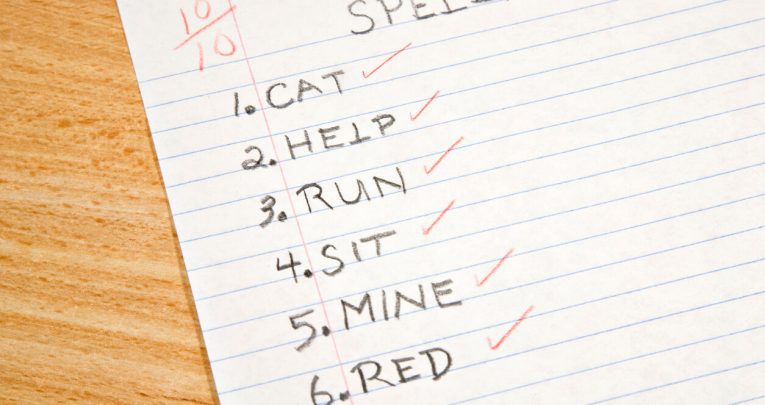
Whether you still spell it 'SPaG' or go for the modern 'GPS', that 'S' part is a key component that you can help children master with these games, activities, strategies and advice…

- by Teachwire
- Classroom expertise and free resources for teachers
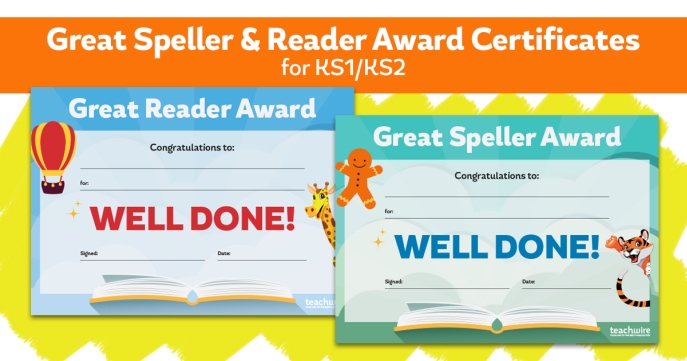
Great speller and reader certificates

These free printable certificates are for giving out a ‘Great Reader Award’ and one ‘Great Speller Award’.
Use them in class or in school-wide competitions and literacy initiatives.
Spelling games
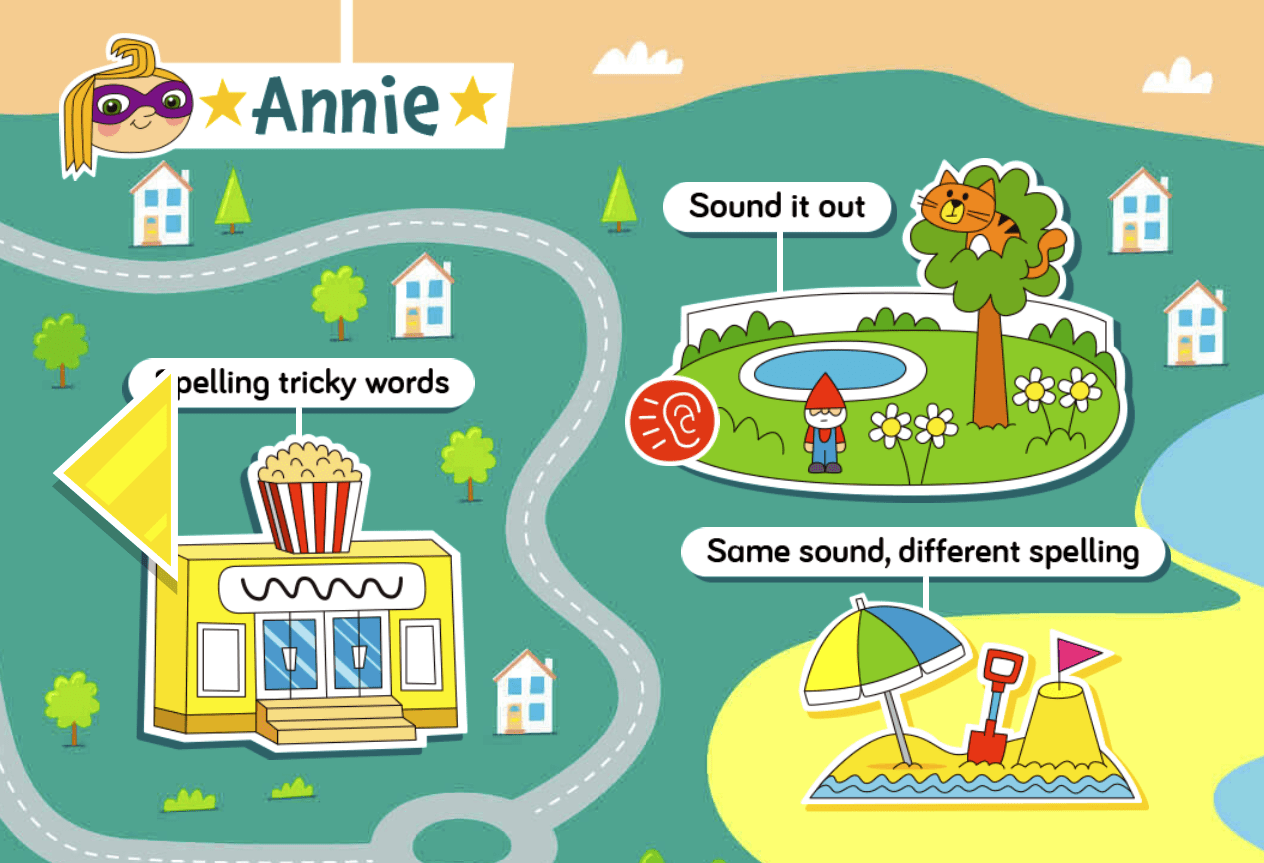
Give these offline and online spelling games a go to consolidate spelling skills and eradicate common mistakes.
Custom word lists
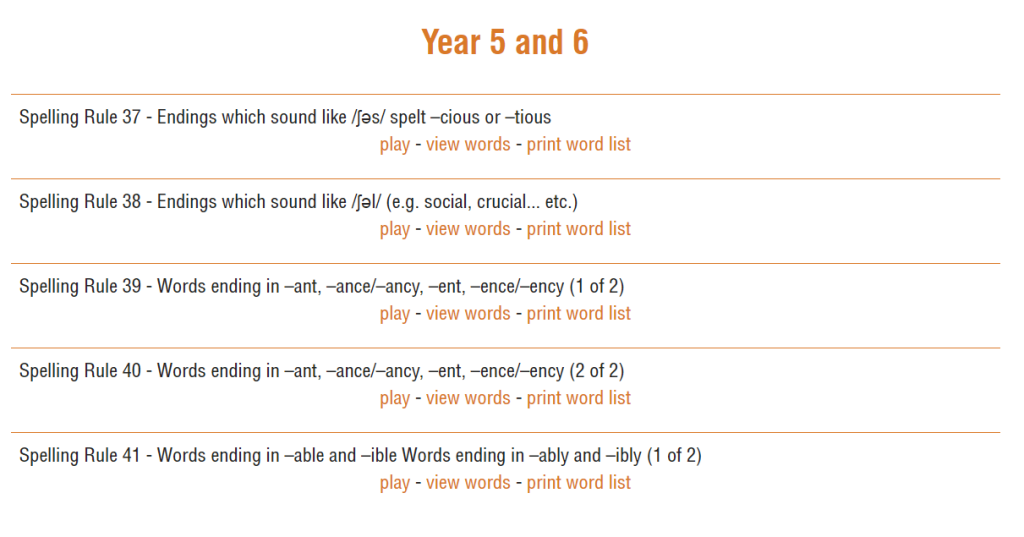
At SpellingFrame you pick a year group, then a spelling rule, then get a word list to either view, print or test yourself with online.
So, for example, you can choose from adding suffixes beginning with vowel letters to words of more than one syllable, words with the /s/ sound spelt sc, homophones and near-homophones, and more.
In the interactive tests, children can opt to have the entire sentence read out, or just the word they need to spell.
Head to spellingframe.co.uk to check out all the options.
Year 2 spelling workout homophones
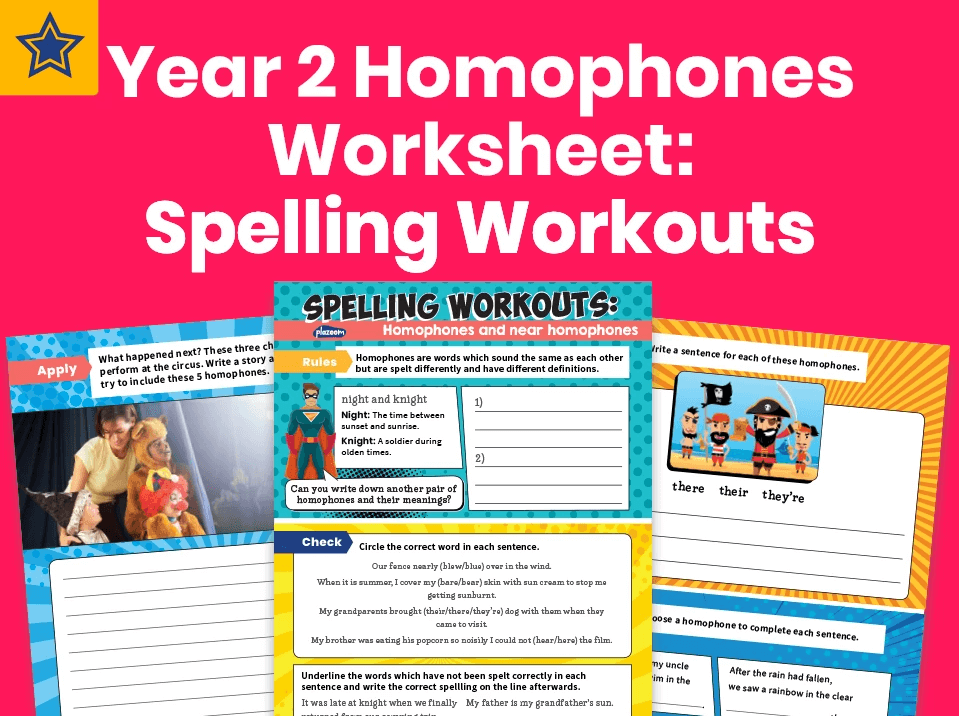
These review worksheets, covering the Year 2 homophones and near-homophone list from the English Programme of Study, are an excellent way to revise and practise these words.
Words featured on the sheet include: there/their/they’re, here/hear, quite/quiet, see/sea, bare/bear, one/won, sun/son, to/too/two, be/bee, blue/blew, night/knight.
The worksheets include five different activities in which children look at spelling patterns, identify misspelt words and apply their spellings in context.
You’ll find this resource here.
Years 3-6 spelling worksheets
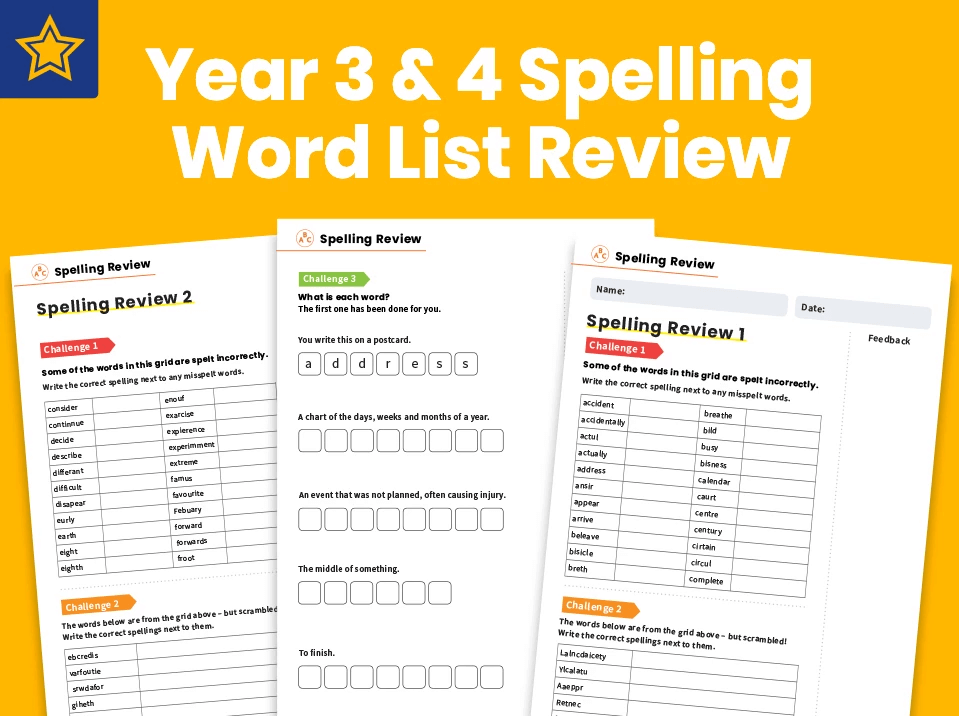
These free spelling worksheets provide a great way to practise and test the Year 3 to 6 words from the National Curriculum Spelling List.
There are two sets of challenge sheets, each containing three different types of spelling challenge.
Spelling Crime Scene Investigators
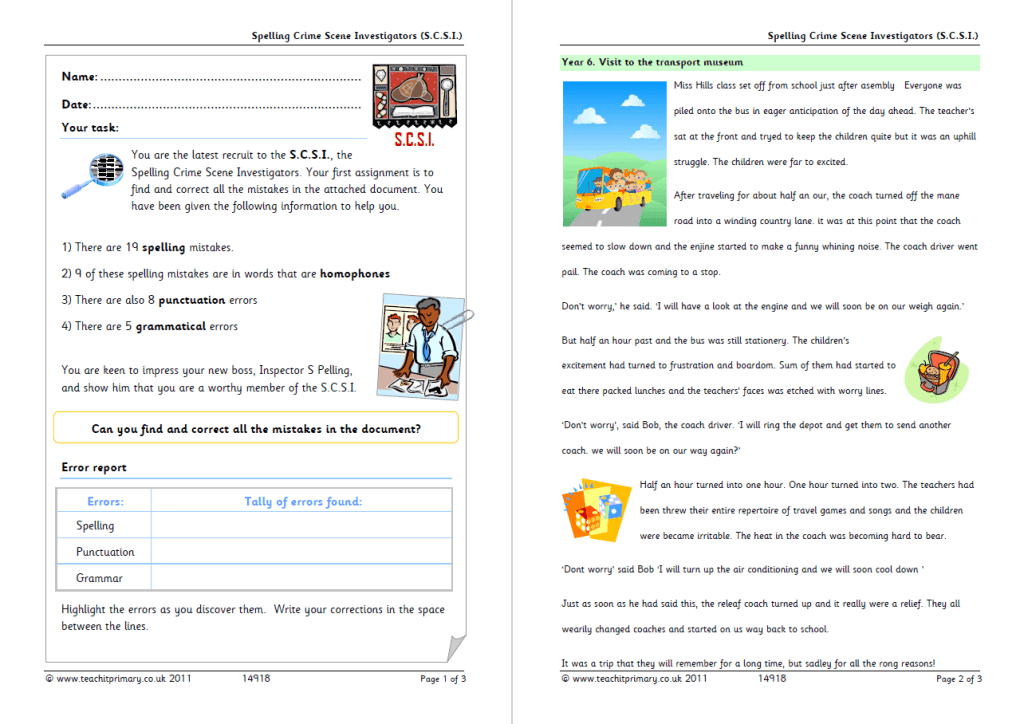
This is a proof-reading resource suitable for Y6 children, including grammatical, spelling and punctuation errors.
The PDF includes a report about a class trip to a museum, and children are told that there are 19 spelling mistakes, nine of which are homophones, as well as eight punctuation errors and five grammar slip-ups.
Their job is to spot and correct them.
‘Ough’ doughnut phonics
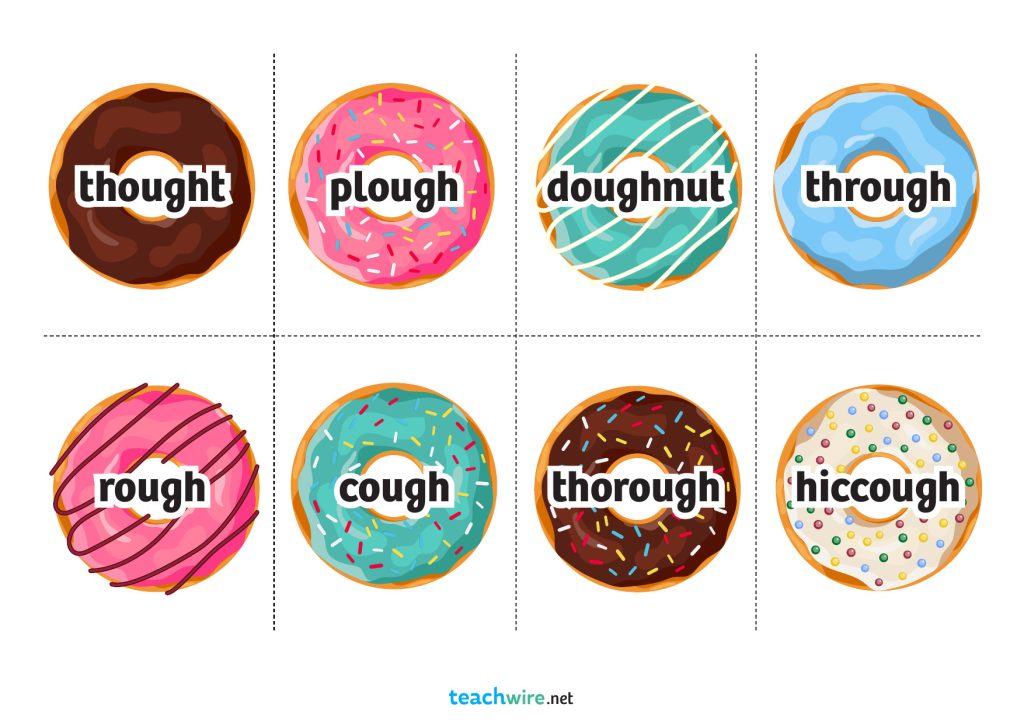
Use these doughnut-themed resources to explain to children how the ‘ough’ spelling can represent many different sounds.
Memorable strategies and games to make spelling stick
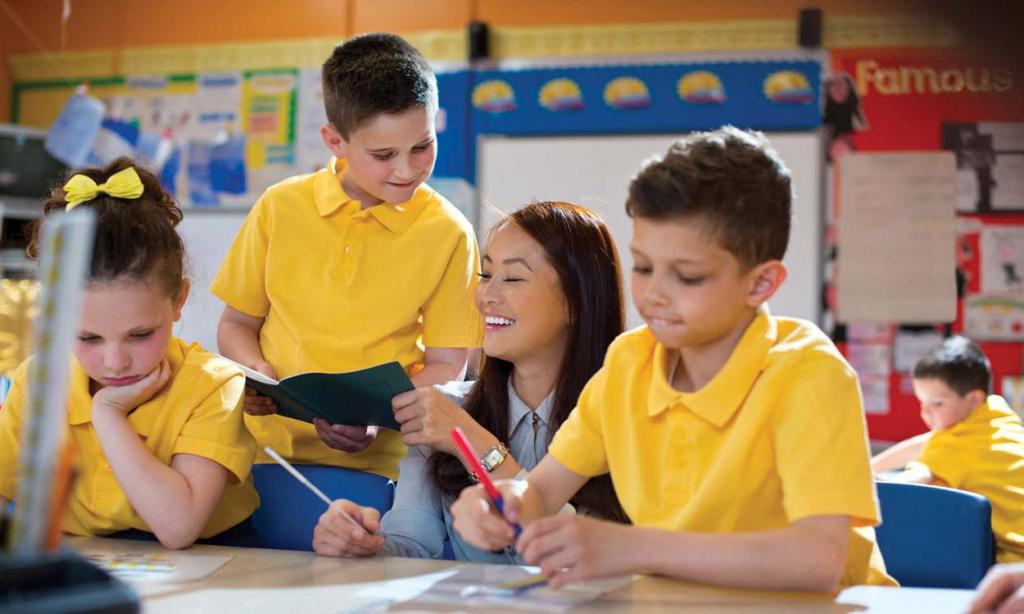
Does your class learn how to spell words one week, only to forget the next? It’s time for more-memorable strategies, and Rachel Clarke offers six of her favourites here.
Teach spelling as a problem-solving skill…like maths
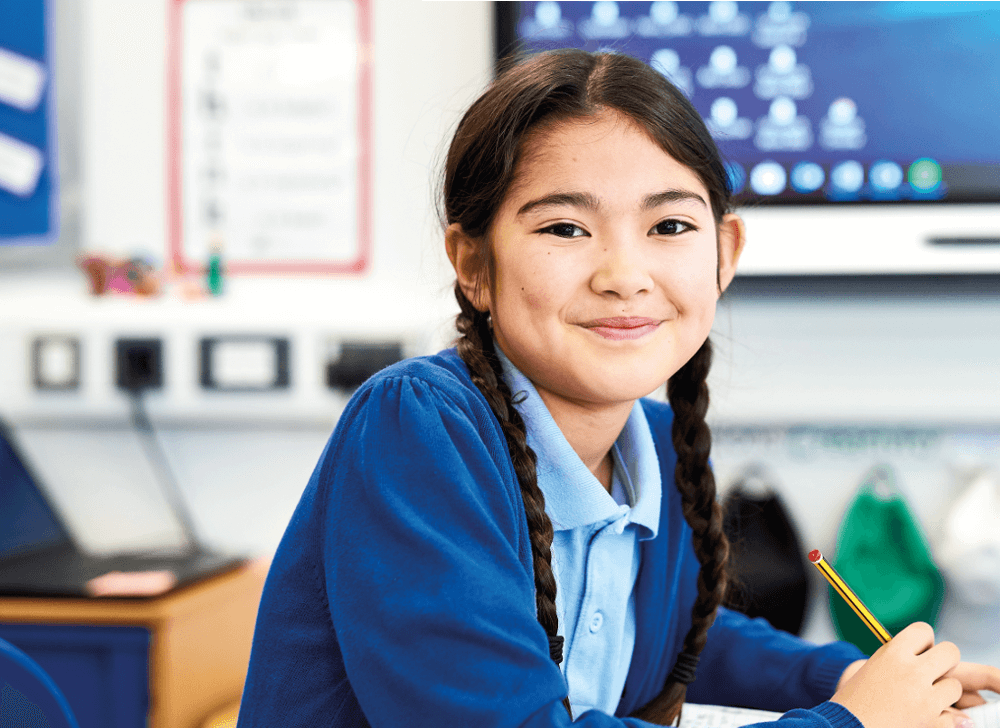
Why do we consistently give children the answer when working with words when we would never dream of doing so with numbers, asks Laura Dobson.
Strategies for teaching spelling, from a poor speller

Look, say, cover, write, check didn’t work for Ruth Baker-Leask, but these strategies would have made all the difference.
Download an o-e words worksheet for KS1 and more Year 3 and 4 spelling list resources.










